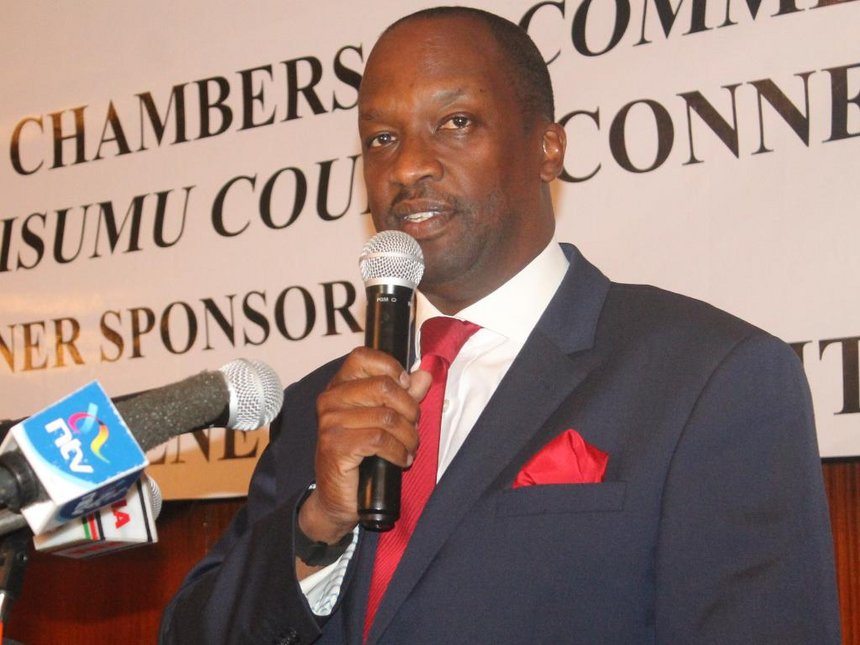Thinking that will cushion economy from election woes
As the business community, we recently expressed our concerns about the adverse impact of the election standoff on the economy. Heightened political temperatures have revived a wait-and-see attitude among investors, while exports, purchasing power, private sector activity and other key economic indicators have deteriorated.
Tellingly, Stanbic Bank has downgraded economic growth forecasts for 2017, citing the election standoff.
In a new report, the NSE listed bank slashed its growth forecast for 2017 to 4.8 per cent, down from previous estimates of 5.2 per cent. This adds to the growing number of institutions — including Citi Research and ratings firm Moody’s — that have projected decelerated economic growth this year.
In times of decelerated economic growth, the immediate focus of the government and other critical stakeholders such as private sector should be damage control.
We need to secure existing jobs and ensure that we unlock the investments stuck in the pipeline due to political headwinds.
We also need to go back to the drawing board and ask tough questions about our economy. This is because the present slowdown, though linked to the election standoff, could persist long after the elections if we do not boost the competitiveness of our economy.
A competitive economy is a productive one. Despite recent improvements in key competitiveness indicators such as the Ease of Doing Business, Kenya still has a lot more ground to cover. For far too long our exports have stagnated—the prolonged campaign period has only worsened a bad situation.
To gain increased market access and boost demand for our products abroad, we need to apply more pressure on our bilateral partners to grant easier entry to our products in their markets.
Our trade partners need to remove non-tariff barriers to trade such as the imposition of unreasonably high quality conditions that only serve to lock out countries with fledgling industries such as Kenya.
Read: Kiprono Kittony: 6 things I have learned about wealth creation
Even as we strive to boost demand for our products abroad, we also need to expand the capacity of local firms, especially SMEs, to produce marketable high quality products that can appeal to the global market.
Part of the reason we have not plugged into global value chains as we should is that we primarily export raw materials and not processed or manufactured goods.
Manufactured goods consist of 80 per cent of the world’s traded goods, underlining the necessity of boosting local processing capacity. Subsectors like agro-processing have great potential to transform the lives of millions, especially farmers in the counties.
We also need to confront the reality that local firms, especially SMEs, are facing capital constraints that limit their ability to expand and create jobs.

